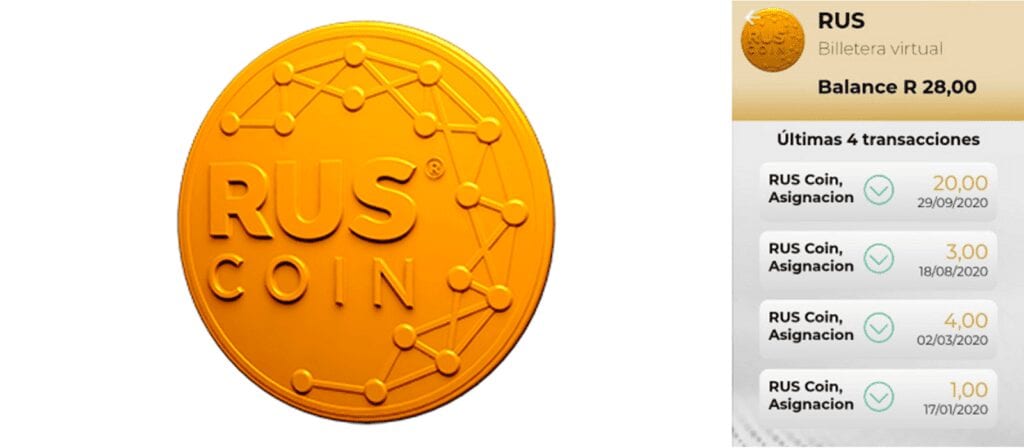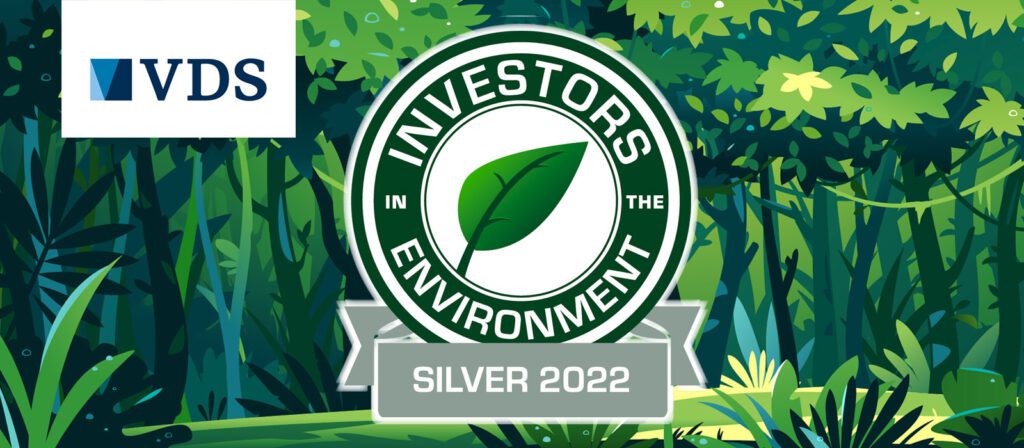ICMIF member Río Uruguay Seguros (RUS) is a company from Entre Ríos, estaablished in Concepción del Uruguay, which has been developing and growing throughout Argentina. The cooperative insurer has been in business for more than 60 years and has around 7,000 insurance producers.
Although over the years it has been incorporating new technologies to meet the needs of the market, especially for customers who demand increasingly agile responses through digital channels, it was in 2019, before the pandemic, that the company decided to go completely digital. Today, RUS now operates and provides its services 100% online and also has reduced its carbon footprint by 62% thanks to this digitalisation process.
This process is due to the cultural and digital transformation of RUS, which also involved the digitalisation of the relationship with its PAS, customers and third parties. Likewise, these actions contribute to one of the most important commitments assumed by the company since its creation: being socially responsible, promoting and implementing proposals aimed at preserving the environment with the objective of reducing the consequences produced by climate change.
The modifications implemented were possible thanks to the commitment of the company’s employees, its sales force, its suppliers, among others, with whom it worked side by side to achieve the company of the new era: the digital company.
And it was the digitalisation of all its processes that allowed RUS to reduce its carbon footprint, a measurement that was carried out by the sustainable energy company Sux Solar. RUS signed an agreement earlier this year to advance actions that lead to a triple positive impact, inside and outside the organisation, that contribute to improving the environment.
To arrive at these results and carry out this study, Sux Solar took as reference parameters the years 2019 and 2021, i.e. the years before and after the digitisation of RUS. The indicators considered for this estimate were those proposed by the ISO 14064 standard, the methodology of the GHG Protocol (Greenhouse Gases) and, in addition, the UN Intergovernmental Panel on Climate Change (IPCC) guidelines.
The emission sources analysed were: internal mobility and mobility for business trips; consumption of electricity and natural gas from its associated invoicing; logistics for the supply of inputs and the generation of waste and sanitary water. Of these activities, the largest greenhouse gas (GHG) reductions between 2019 and 2021 were in input supply logistics, electricity and business travel.
To give a dimension of the results, the CO2 reduction between the two stages is equivalent to: the CO2 absorption capacity of 7,423 10-year-old urban trees; or the annual CO2 savings produced by a 619 kWp solar system (1,125 panels); or the CO2 generation of a petrol car driving over 2,111,046 km (something like more than 52 laps of the planet).
RUS and Sux Solar will continue to work on actions to further reduce the impact of GHGs, as well as strengthening initiatives such as the development of sustainable neighbourhoods and housing, mitigating the carbon footprint in motoring, among others.






